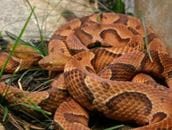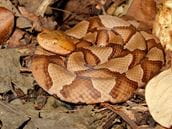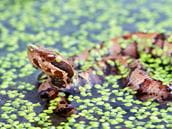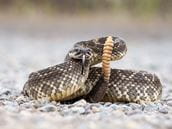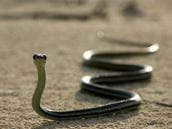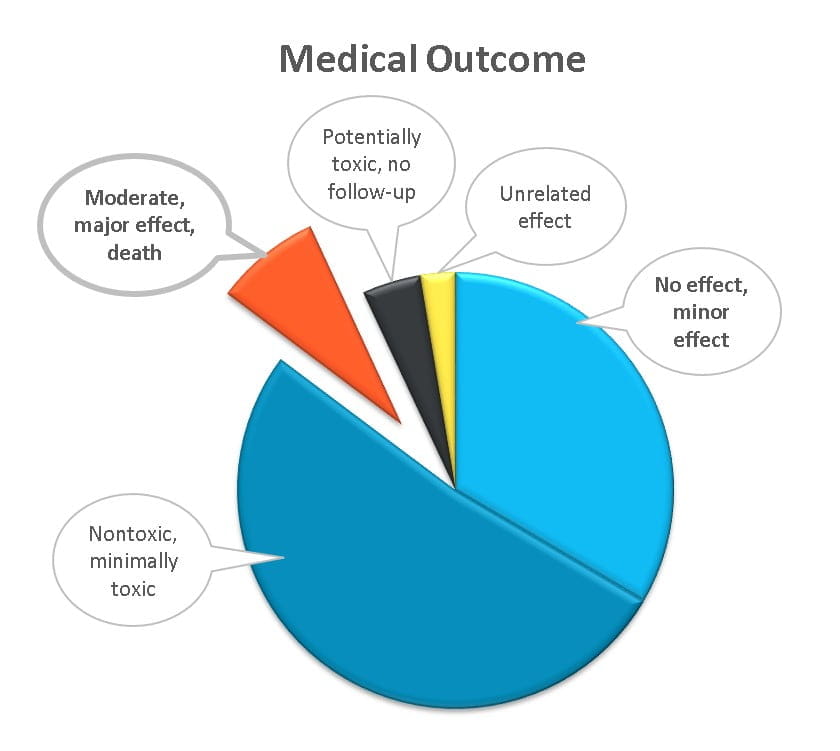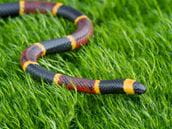
Are Coral Snakes Poisonous?
Coral snakes usually have a pattern of red, black, and yellow (or white) colored rings that span their bodies. Although uncommon, coral snake bites can potentially lead to severe neurotoxicity, including complete respiratory failure, if left untreated. All suspected envenomations should be evaluated and monitored in a hospital for at least 24 hours due to the delayed onset of symptoms.

